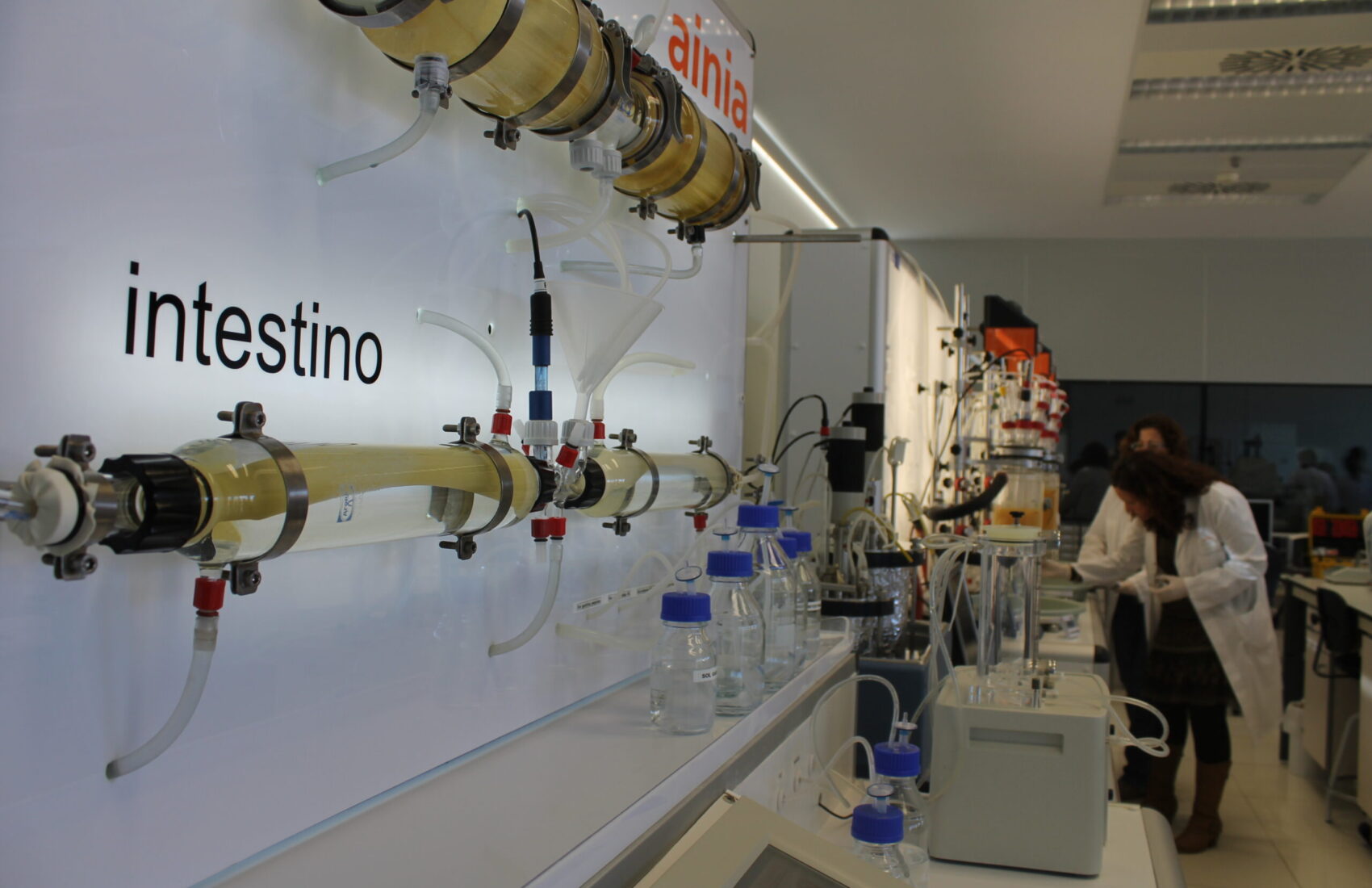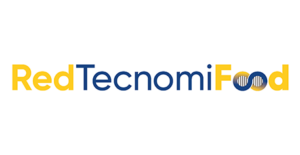The set of microorganisms inhabiting the gastrointestinal system (colonic microbiota), the study of how foods contribute to our health through interaction with the genome (nutrigenomics), and the study of biological rhythms (chronobiology) are three of the key elements of precision nutrition. To learn about the latest scientific advances regarding the importance of nutrition on health, quality of life, and physical and emotional well-being of individuals, we have organized, along with the College of Biologists of Valencia, the II Nutrition Biology Conference.
The ingredients, food, and nutraceutical industry needs effective and innovative products to respond to the ongoing demands of consumers who are increasingly aware of the relationship between diet and health, and the need for food products that meet their nutritional requirements.
One of the trends for the development of functional ingredients and foods is to consider the concept of precision nutrition or personalized nutrition, which takes into account the multidimensional characteristics of individuals or groups such as lifestyle, genetics, microbiome, or metabolic response of a person to specific foods or dietary patterns to determine the most suitable dietary recommendations that promote health.
Colonic microbiota, nutrigenomics, and chronobiology
1. The colonic microbiota, a set of microorganisms inhabiting the gastrointestinal system, plays a fundamental role in development, not only as part of the immune system but also contributing to the development of physiological functions. Hence, for example, the increasing evidence linking the interaction of the microbiota with certain tissues or organs, such as:
- the gut-brain axis that regulates cognitive functions
- the gut-lung axis of recent interest for studying how to approach the prevention of respiratory tract infections.
Elucidating the mechanisms of action of colonic microbiota in metabolic functions allows for the definition and identification of preventive strategies, such as the use of probiotics and postbiotics:
2. Nutrigenomics combines various disciplines such as nutrition and omics technologies—genomics, transcriptomics, proteomics, metabolomics, and epigenetics. This concept falls within the realm of nutritional genomics, which studies how foods or dietary components contribute to our health through interaction with the genome, either directly or indirectly altering genetic structure or expression. This response depends on individual genetic components. In this regard, evidence has been gathered on the molecular diet-gene interaction of dietary components such as omega-3, vitamin D, or beta-glucan, among others, for the prevention of different pathologies or metabolic disorders associated with diet, such as obesity, diabetes, and cardiovascular diseases. We will have Dolores Corella (University of Valencia) and David de Lorenzo (Agri-food Science and Technology Park of Lleida) available.
3. Chronobiology, a discipline of biology that studies biological rhythms, which are changes that occur periodically and, therefore, are predictable changes in the functions of an organism. Circadian rhythms (approximately 24 hours) are characterized at the molecular level, and their generation is achieved through the expression of several “clock genes” and the regulation of their protein products. Currently, there are studies suggesting that internal desynchronization of the circadian system (chronodisruption) is related to metabolic alterations associated with diet, contributing to the development or exacerbation of various pathologies such as metabolic syndrome, obesity, dyslipidemia, diabetes, or hypertension, among others. Advances in this area will be explained by Antonio Madrid (UM) and Jose Mª Órdovas (Tufts University).
Advancements in molecular nutrition for product development: from the laboratory to the marketplace
At AINIA’s Preclinical Unit, we conduct experimental evaluations of the health effects of ingredients and foods, taking into account their impact through the gastrointestinal tract (bioavailability), interaction with colonic microbiota, and modulation of specific biomarkers of the target organ and/or tissue using the integrated system consisting of the Dynamic Digestor and specific cellular models.
AINIA collaborates in the TECNOMIFOOD project
AINIA, as part of the TECNOMIFOOD project, is working on the development of 3D bio-printed cellular models and acquiring knowledge for the application of omics technologies. This is aimed at monitoring biological responses to identify, select, and evaluate bioactive ingredients and functional products.
The TecnomiFood Network is composed of five technological centers (AINIA, ANFACO, AZTI, CNTA, LEITAT), with the objective of integrating omics technologies to facilitate business access to these technologies and optimize their use in all stages of the value chain for the design and evaluation of ingredients, nutraceuticals, and functional foods. AINIA is collaborating on the TECNOMIFOOD project (spanish).






